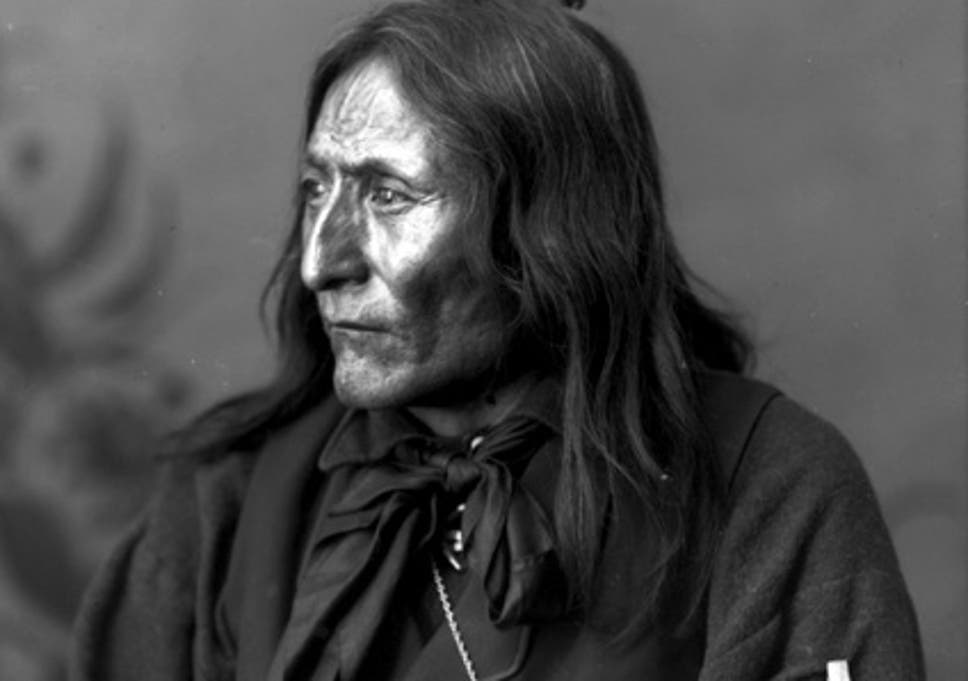
The Royal Albert Memorial Museum is reportedly planning to return a number of sacred artefacts that belonged to an indigenous Canadian chief more than 100 years ago.
Chief Crowfoot of the Blackfoot Nation was 6ft tall, had 10 wives and many children, although only one of his sons survived to adulthood.
Sir Cecil Denny, an Englishman, who belonged to the North Western Mounted Police, acquired some of Chief Crowfoot’s most prized belongings when both men were signatories to Treaty Number 7 in 1877, at Bow River in Alberta.
Sir Cecil's sister later sold the collection to the RAMM in 1904 for £10.
The items include a buckskin shirt and leggings, a deer hide necklace strung with grizzly bear claws, and a hardwood bow and arrow.
The Exeter-based museum has been refusing to help repatriate the artefacts for years, despite pleas from a Blackfoot-run cultural and educational centre close to where Chief Crowfoot was buried.
The RAMM reportedly claimed the centre was not adequately equipped to look after the items.
However, at a meeting to be held next week by Exeter City Council, which owns the museum, councillors have been recommended to return the items.
Camilla Hampshire ], Museums Manager & Cultural Lead, in her report, described the items as “sacred” and argued their return would allow his spirit to rest in peace.
If Exeter council agrees, the rights to the artefacts would be relinquished and transferred to the Siksika Tribal Council – the living descendants of Chief Crowfoot and the legally recognised representatives of the Siksika nation.
Additional reporting by SWNS







